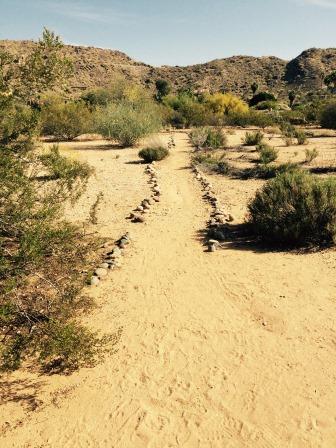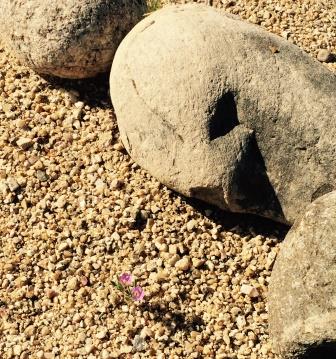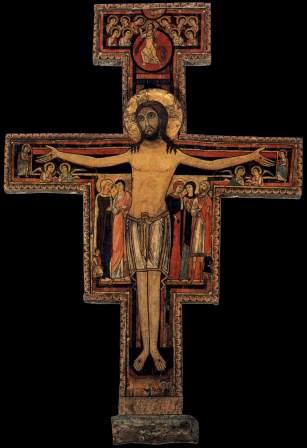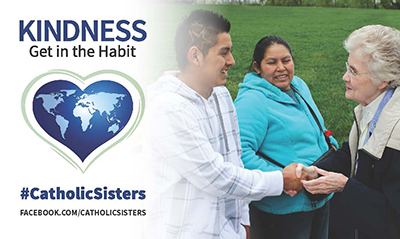Ingredients:
1 clove of garlic
2 small onions
olive oil
2 fresh bay leaves or 1 small dried
2 carrots
2 stalks of celery
2 large handfuls of seasonal greens, such as savoy cabbage, curly kale, chard, spinach
1 vegetable stock cube
1 14.5 or 15 oz. can of plum tomatoes
2 14.5 or 15 oz. cans of beans, such as cannellini, butter, or mixed
½ C dried pasta
Parmesan cheese, Grana Padano or vegetarian alternative, to serve
extra virgin olive oil
crusty bread, to serve
Directions:
1. Peel and finely chop garlic and onion. Put a large shallow casserole pan on a medium-high heat with 1 T of olive oil.
2. Add the garlic and the bay leaves, followed by the onions.
3. Trim and chop carrots and celery into rough 1/2” dice, adding to the pan as you go. Remove and finely chop any tough stalks from your greens and add to the pan. Cook for 10 to 15 minutes, stirring regularly, or until softened and caramelized.
4. Crumble in the stock cube, pour in the tinned tomatoes, breaking them up with your spoon, then add 1 tin’s worth of water. Pour in the beans, juice and all, then add a pinch of sea salt and black pepper.
5. Shred your greens and sprinkle into the pan, top up with 2 ½ C of boiling water, then add the pasta. Cover and simmer for 10 - 15 minutes, or until pasta is just cooked and the soup has thickened to your liking.
6. Season the soup to your taste, then serve with a grating of Parmesan cheese and a drizzle of extra virgin olive oil.
Notes:
- This recipe serves 8, so you’ll have plenty left over for lunches. To serve, reheat in a pan, stirring often until piping hot.
– Don’t waste any of the greens – remove tougher stalks, finely chop and add them to the base of your soup with the onion, carrot and celery.
– This soup is great for using odds and ends from your dried pasta packets. Put whatever you’ve got in a clean dish towel, then smash it all with a rolling pin, so it’s all about the same size.
– Use whatever herbs you’ve got. Rosemary or thyme leaves would be delicious, or even a sprinkling of dried herbs.
– You can add other chopped veg when you’re frying the onions like leek, zucchini or potato.
– Use whatever stock you like.
– Instead of grated Parm, you could use Cheddar. A sprinkling of fresh baby basil leaves will add or add a dollop of pesto on top.
– If you don’t have pasta, use rice or even hunks of bread, which will soak up the flavor.
Thanks to Chef Jaime Oliver for the recipe and photo above.
If you would like to be notified when we share new recipes, be sure to scroll to the bottom, provide your email address, check the box confirming you are not a robot, click on a few photos to prove it and click subscribe! You will then receive an email after each new post. Remember, we're always looking for new recipes, so keep sending them to ecopact@fspa.org!
Story:
Lent, among other things is about simplicity. Minestrone and other favorite soups are simple meals that make room for us to embrace things that truly nourish us and others. In Christine Valters Paintner’s book, “A Different Kind of Fast” she invites us to fast from things that do not satisfy and embrace those that feed our true hungers. She offers weekly and daily suggestions for spiritual practices to help us respond to the invitations of the Season. You may have heard these or similar ideas before.

Here are the 7 themes or invitations listed in "A Different Kind of Fast" Table on Contents
An Invitation to:
Fast from Consuming to Embrace Simplicity
Fast from Multitasking and Inattention to Embrace Full Presence to the Moment
Fast from Scarcity Anxiety to Embrace Radical Trust in Abundance
Fast from Speed and Rushing to Embrace Slowness and Pausing
Fast from Holding It All Together to Embrace Tenderness and Vulnerability
Fast from Planning and Deadlines to Embrace Unfolding and Ripening
Fast from Certainty to Embrace Mystery and Waiting
Let one or more of her suggestions flavor your season of Lent.
















